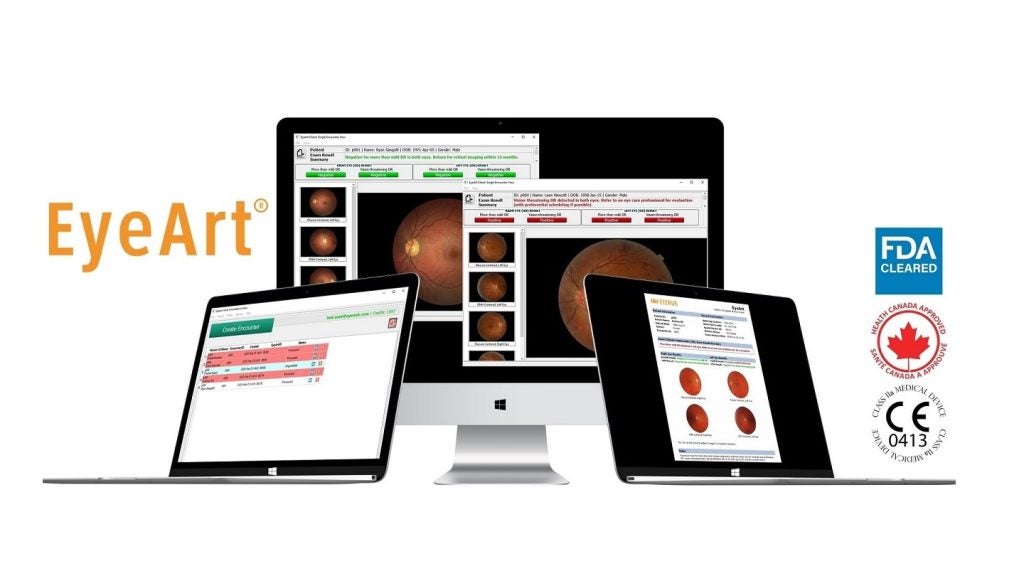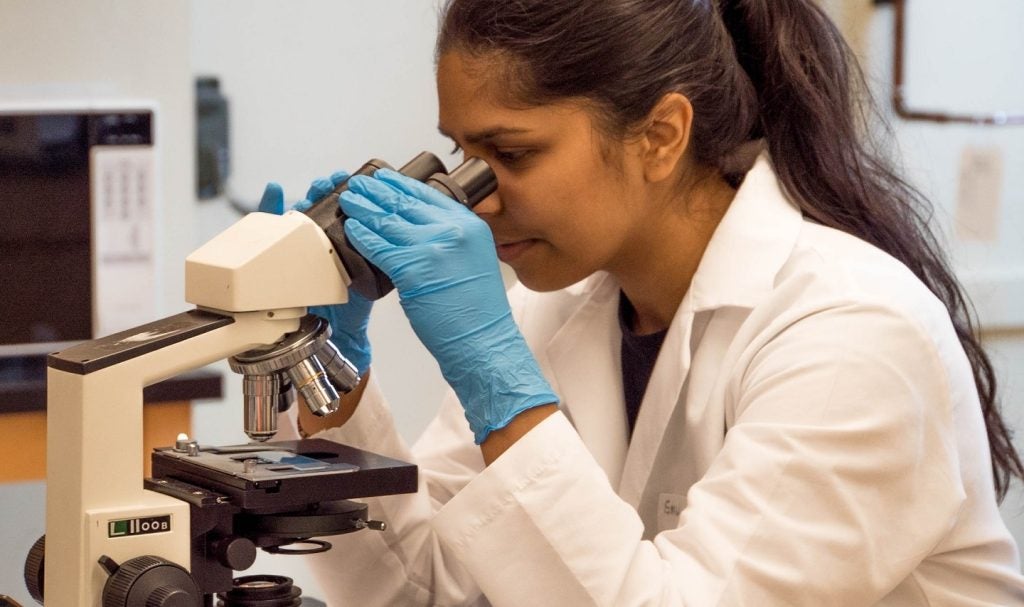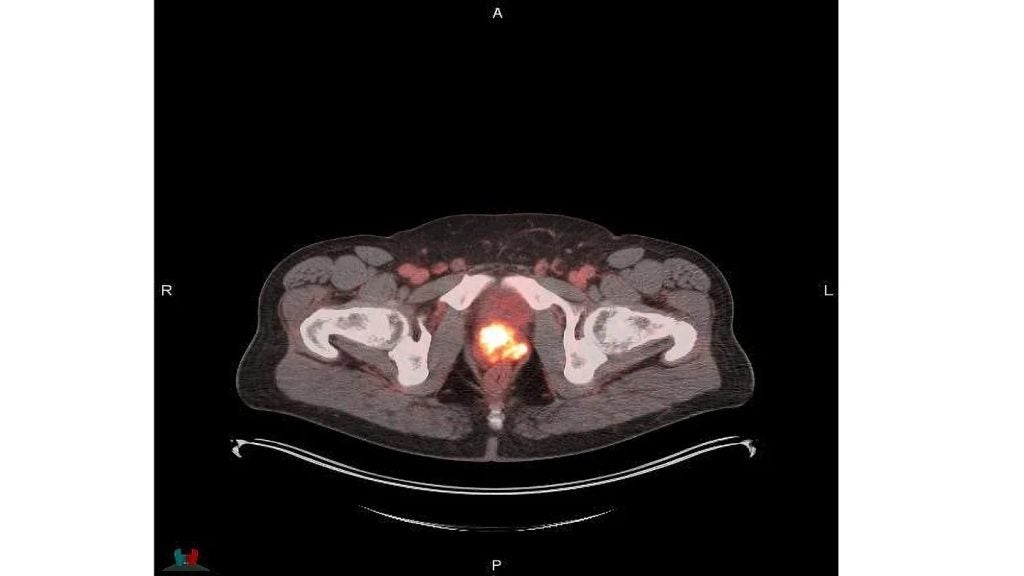The US Food and Drug Administration (FDA) has issued a final guidance for its voluntary pilot program for certain CDER-regulated oncology drug products used with specific corresponding in vitro diagnostic (IVD) tests.
Under current policy, an in vitro companion diagnostic test must provide information for the safe and effective use of a corresponding treatment. For example, in oncology, specific tests can be used to identify patients such as those with a genetic mutation or who may or may not benefit from certain treatments.
The FDA also approve treatments requiring a companion IVD test even if a corresponding diagnostic has not yet received marketing authorisation, in which case laboratory-developed tests (LDTs) are being used for patient treatment decisions.
LDTs have generally been under an enforcement discretion approach and are not usually reviewed for safety or effectiveness, unlike those that are approved, authorised or cleared by the agency.
There is concern that some unauthorised laboratory tests may provide inaccurate, unreliable results or perform less effectively than FDA-authorised tests, which could negatively impact treatment decisions.
The pilot programme might reduce risk when using LDTs for oncology drug treatment decisions while the FDA continues to work on a broader approach for LDTs.
The program will request performance information from drug manufacturers for tests used to enrol patients into clinical trials supporting drug approval.
The FDA will then post to its website the minimum performance characteristics recommended for similar tests to select patients for treatment with the approved drug. Laboratories can then gear their development of LDTs to identify specific biomarkers used for selecting cancer treatment.
“We believe this guidance and the launch of the pilot programme are important steps towards addressing safety risks posed by the use of poorly performing laboratory-developed tests,” Jeff Shuren, director of the FDA’s Center for Devices and Radiological Health said in a statement.
“The pilot aims to help by making transparent performance recommendations for diagnostic tests used to select certain oncology drug treatments.”
















